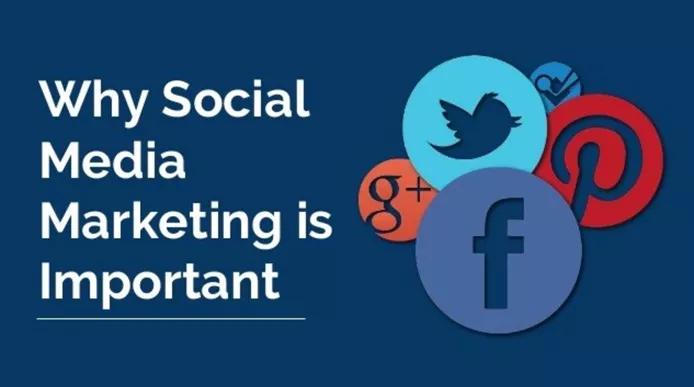In the digital age, social media has revolutionized the way businesses engage with their audience. Social media marketing (SMM) has become an integral part of digital marketing strategies, offering businesses of all sizes the opportunity to reach prospects and customers globally. This article explores the significance of social media marketing, its key benefits, effective strategies, and the future trends shaping this dynamic field.
1. Introduction to Social Media Marketing
Social media marketing refers to the use of social media platforms to connect with your audience, build your brand, increase sales, and drive website traffic. It involves creating and sharing content on social media networks, engaging with followers, and running advertisements to achieve marketing goals.
2. Key Benefits of Social Media Marketing
Increased Brand Awareness
Social media allows businesses to reach a large audience and build brand recognition. By consistently engaging with followers and sharing valuable content, businesses can enhance their visibility and establish a positive brand image.
Enhanced Customer Engagement
One of the unique advantages of social media is its ability to facilitate direct communication between businesses and customers. Through comments, messages, and posts, businesses can engage in real-time conversations, address customer concerns, and build relationships.
Cost-Effective Marketing Channel
Compared to traditional marketing methods, social media marketing offers a cost-effective way to promote products and services. Many social media platforms offer free business profiles, and paid advertising options are often more affordable than traditional media.
Targeted Advertising
Social media platforms provide advanced targeting options based on demographics, interests, behaviors, and more. This allows businesses to deliver highly relevant content and advertisements to specific audience segments, increasing the likelihood of conversion.
Improved Brand Loyalty
Through regular engagement and interaction on social media, businesses can foster customer loyalty. By providing valuable content, personalized responses, and exclusive offers, businesses can strengthen relationships with existing customers and encourage repeat purchases.
3. Effective Social Media Marketing Strategies
Content Strategy
A well-defined content strategy is essential for successful social media marketing. It involves creating and sharing valuable, relevant, and consistent content to attract and retain a clearly defined audience.
Community Engagement
Building a community around your brand is crucial for long-term success on social media. Encourage discussions, respond promptly to comments and messages, and foster a sense of belonging among your followers.
Influencer Partnerships
Collaborating with influencers who have a large and engaged following can amplify your brand’s reach and credibility. Choose influencers whose values align with your brand and whose audience matches your target demographic.
Paid Advertising
Paid social media advertising allows businesses to target specific demographics, promote products or services, and drive conversions. Experiment with different ad formats, targeting options, and budget allocations to optimize your advertising campaigns.
Analytics and Optimization
Regularly analyze key metrics such as reach, engagement, and conversion rates to evaluate the performance of your social media efforts. Use insights from analytics tools to refine your strategies and improve campaign effectiveness over time.
See also:How To Make Money Using AI: A Comprehensive Guide
4. Future Trends in Social Media Marketing
Video Content Dominance
Video content continues to gain popularity on social media platforms. Businesses should prioritize creating engaging video content to capture audience attention and convey brand messages effectively.
Augmented Reality (AR) Experiences
AR is expected to revolutionize social media marketing by offering interactive and immersive experiences. Businesses can use AR filters and features to engage users in innovative ways and enhance brand storytelling.
AI-Powered Customer Service
Artificial intelligence (AI) technologies are increasingly being integrated into social media platforms to automate customer service processes, improve response times, and personalize user experiences.
Ephemeral Content
Ephemeral content, such as stories on platforms like Instagram and Facebook, allows businesses to create temporary, engaging content that encourages immediate interaction and urgency among followers.
Conclusion
In conclusion, social media marketing plays a crucial role in modern digital marketing strategies by enhancing brand visibility, fostering customer relationships, and driving business growth. By leveraging the key benefits of social media marketing and implementing effective strategies, businesses can stay competitive in today’s dynamic marketplace and prepare for future trends in digital engagement.
Related topics:
- Distribution Guide For Steve Will Do It Net Worth
- How Much Does TikTok Pay? A Simple Guide
- How To Make Money On OnlyFans – Just 8 Steps!

